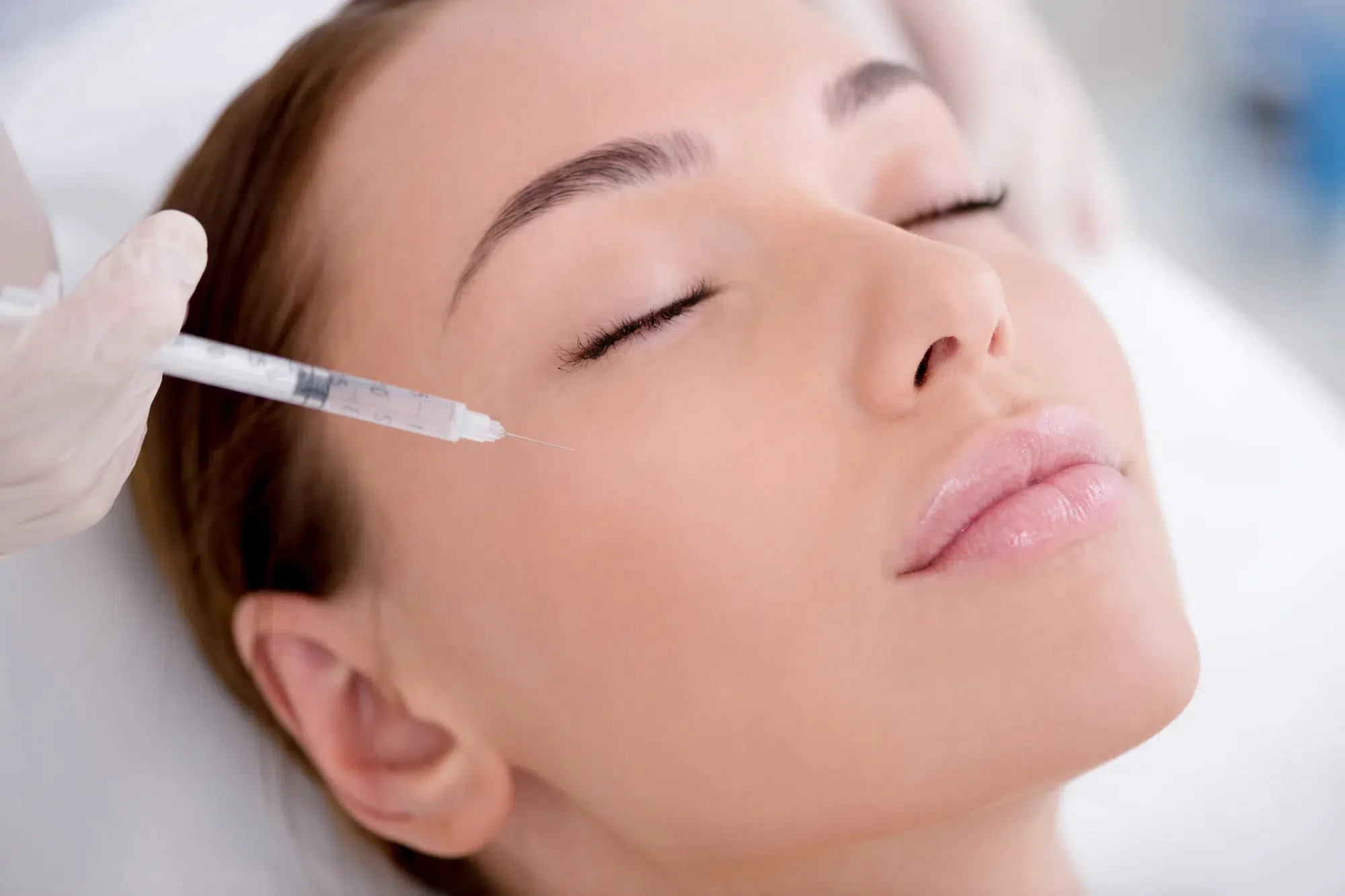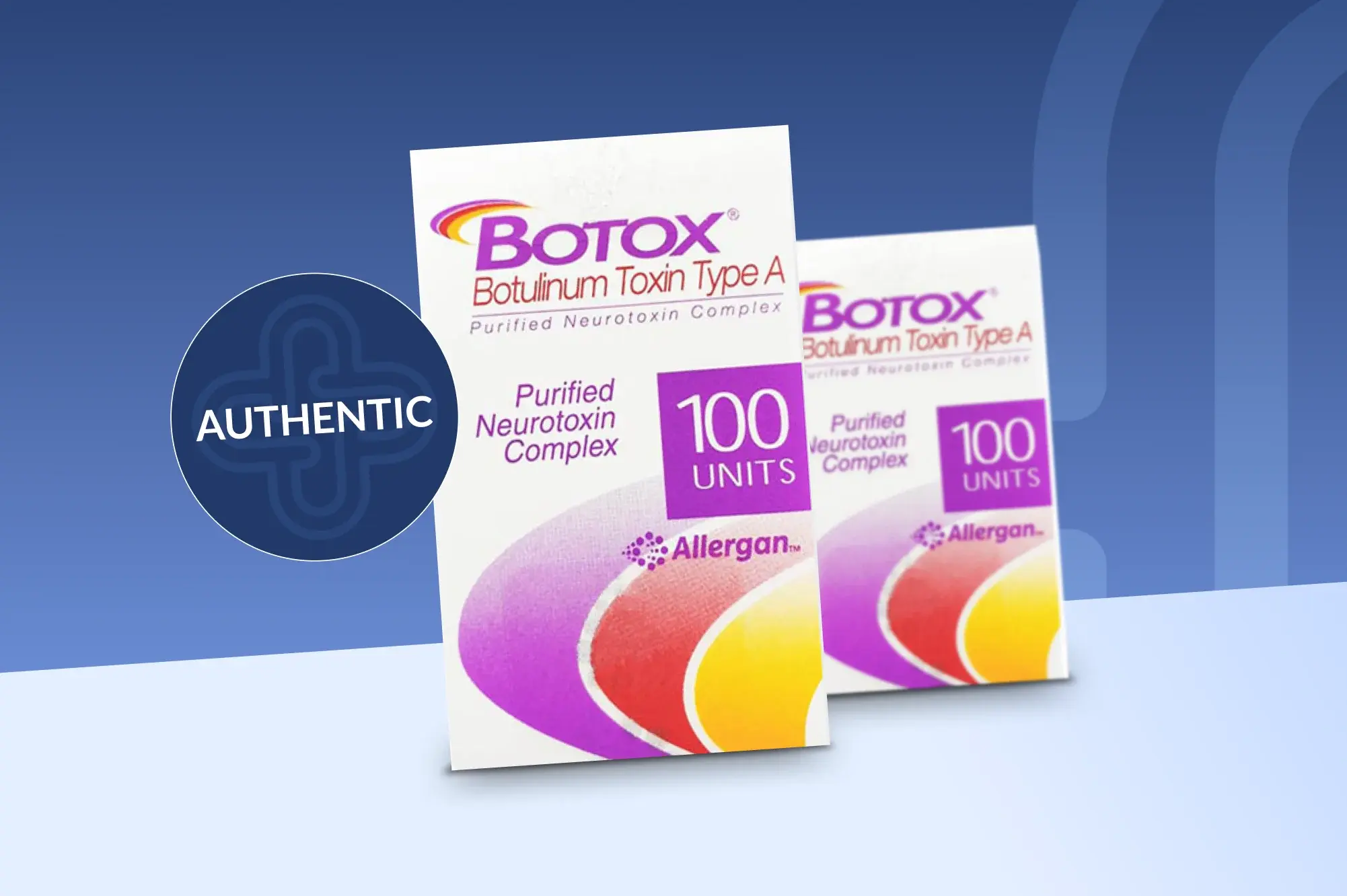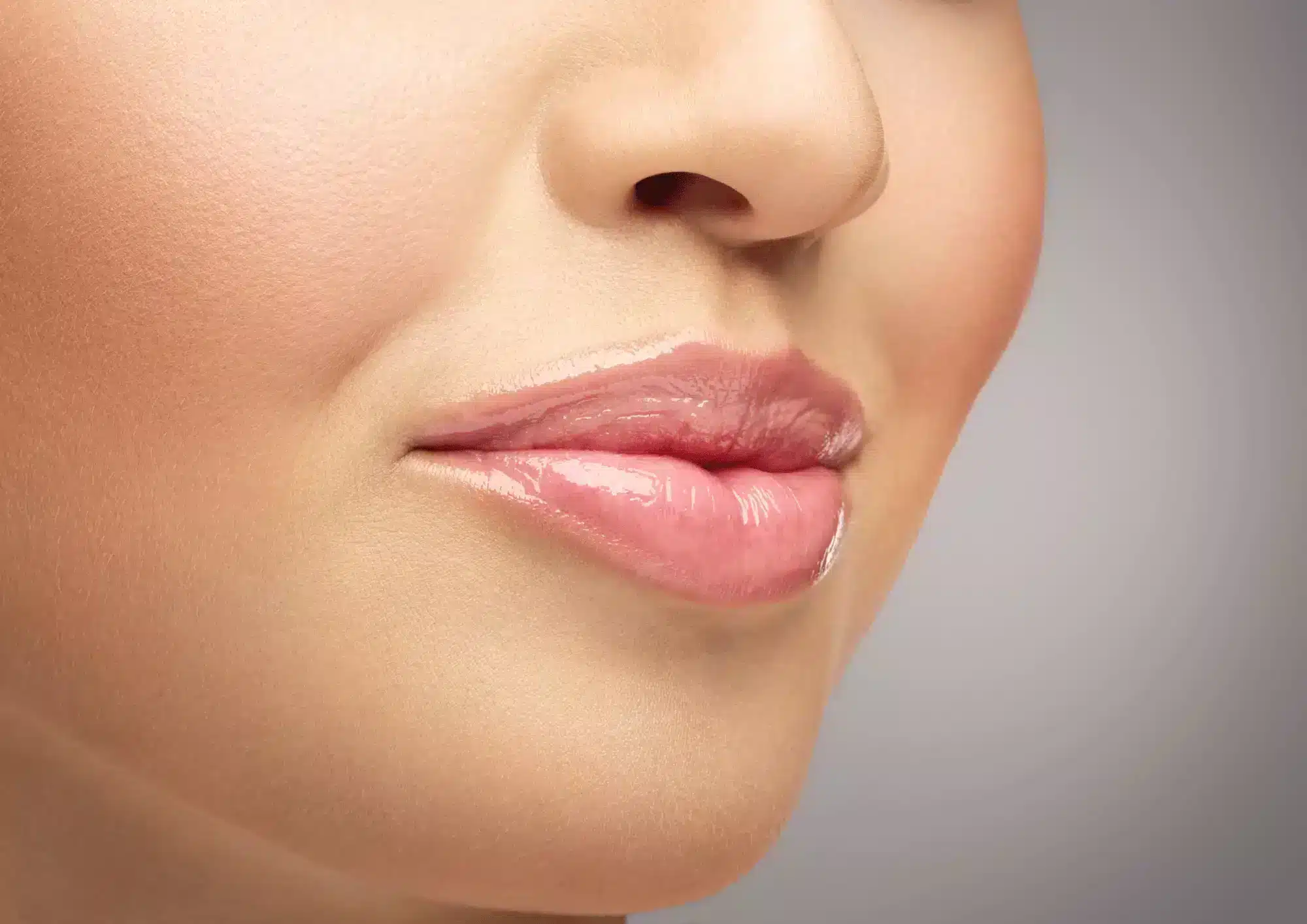What are Dermal Fillers for?
Cosmetic facial injectables are a minimally-invasive, non-surgical, and effective treatment for wrinkle correction and facial rejuvenation. There are many factors that can contribute to the appearance of wrinkles and creases, including the wrinkles that appear around the eyes, cheeks, and lips, and nasolabial folds. Though age is a big contributing factor, as the body slows production on key nutrients that contribute to the health, hydration, and firmness of the skin, other factors such as sun exposure, pollution, or even illness can also cause the skin to appear aged.
There are many filler brands and products available on the market that are made from a variety of materials, such as poly-L-lactic acid and calcium hydroxylapatite, though hyaluronic acid is 1 of the most popular ingredients. Hyaluronic acid is a naturally occurring substance within the skin that adds hydration and contributes to other cellular functions that keep the skin looking youthful. When hyaluronic acid is lost, the skin becomes dry and sagging, and wrinkles and lines form more easily. Dermal fillers replace this lost hyaluronic acid, providing instant plumping and rejuvenation to the skin on a cellular level. Filler treatment can also help stimulate the production of other helpful nutrients, such as collagen and elastin, with some fillers even providing additional antioxidant benefits to help fight off free radicals and maintain lasting results.
When should dermal fillers be used?
Dermal fillers, which are also known as soft tissue fillers, injectable implants, or wrinkle fillers, are considered medical devices. They are indicated for the correction of wrinkles to create a smoother, more youthful appearance. They must be administered by an experienced medical professional.
Common uses:
• The treatment of moderate to severe wrinkles and folds within the face, including nasolabial folds.
• Adding volume into the back of the hands—a process known as hand augmentation.
• Several, though not all, dermal fillers have been approved for lip and cheek augmentation in patients.
• Some, though not all, facial fillers are approved for the correction of lipoatrophy, which is a form of facial fat loss that is common in patients with HIV.
• Several, though not all, dermal fillers are approved for the treatment of contour deficiencies, including the correction of wrinkles and acne scars.
While dermal fillers are able to treat a number of skin and facial issues, there are some cosmetic treatments that dermal fillers should not be used for:
• Treatment to increase the size of the breasts (breast augmentation);
• Treatment to increase the plumpness of the feet;
• Any treatment that includes injection into the bones, tendons, ligaments, or muscles.
There are also specific warnings prohibiting the use of permanent silicone injectables for large-scale body contouring or enhancements. Disregarding these unapproved uses can lead to serious adverse effects, including chronic pain, and infection, and even more permanent issues such as scarring, disfigurement, embolism, stroke, and even death.
Side effects
Dermal fillers are required to undergo controlled clinical studies to determine the safety and effectiveness of the solution and its treatment. Though they are proven to be safe, there are still some side effects associated with dermal filler injectables. Side effects are typically mild and will resolve themselves without intervention within about a week.
These short term common side effects include:
• Bruising, redness, swelling, or pain in the area of injection;
• Tenderness in the area of injection;
• Itching or rash;
• If injected into the back of the hands, there may be some difficulty performing tasks with the hands.
There are also some less common side effects, which include:
• Nodules or granulomas under the skin;
• Infection;
• Necrosis of the skin.
Though rare, there are some more serious side effects that have been reported:
• Anaphylactic shock;
• Displacement of the implant material from initial injection area;
• Leaking of implant material;
• Permanent nodules;
• Vision issues;
• Stroke.
Before treatment
Dermal filler injections are a medical procedure and patients should be informed of the expectations of treatment.
• Ensure each professional administering injections has to be a licensed health-care practitioner, with knowledge and experience in the field of dermatology or plastic surgery.
• Ensure the doctor administering the injections has adequate training in the injection of dermal fillers.
• Only receive injections from a professional. Never attempt to administer dermal fillers on yourself.
• Discuss what are the expectations and risk normally associated to dermal injections with a medical professional, additionally disclosing his or her medical history, including any skin inflammation or infections, bleeding disorders, or allergic reactions to the doctor performing the injections.
• Discuss the expected side effects of treatment and seek medical attention if there is any unusual pain, vision issues, signs of stroke, or white appearance to the skin near the injection site.









